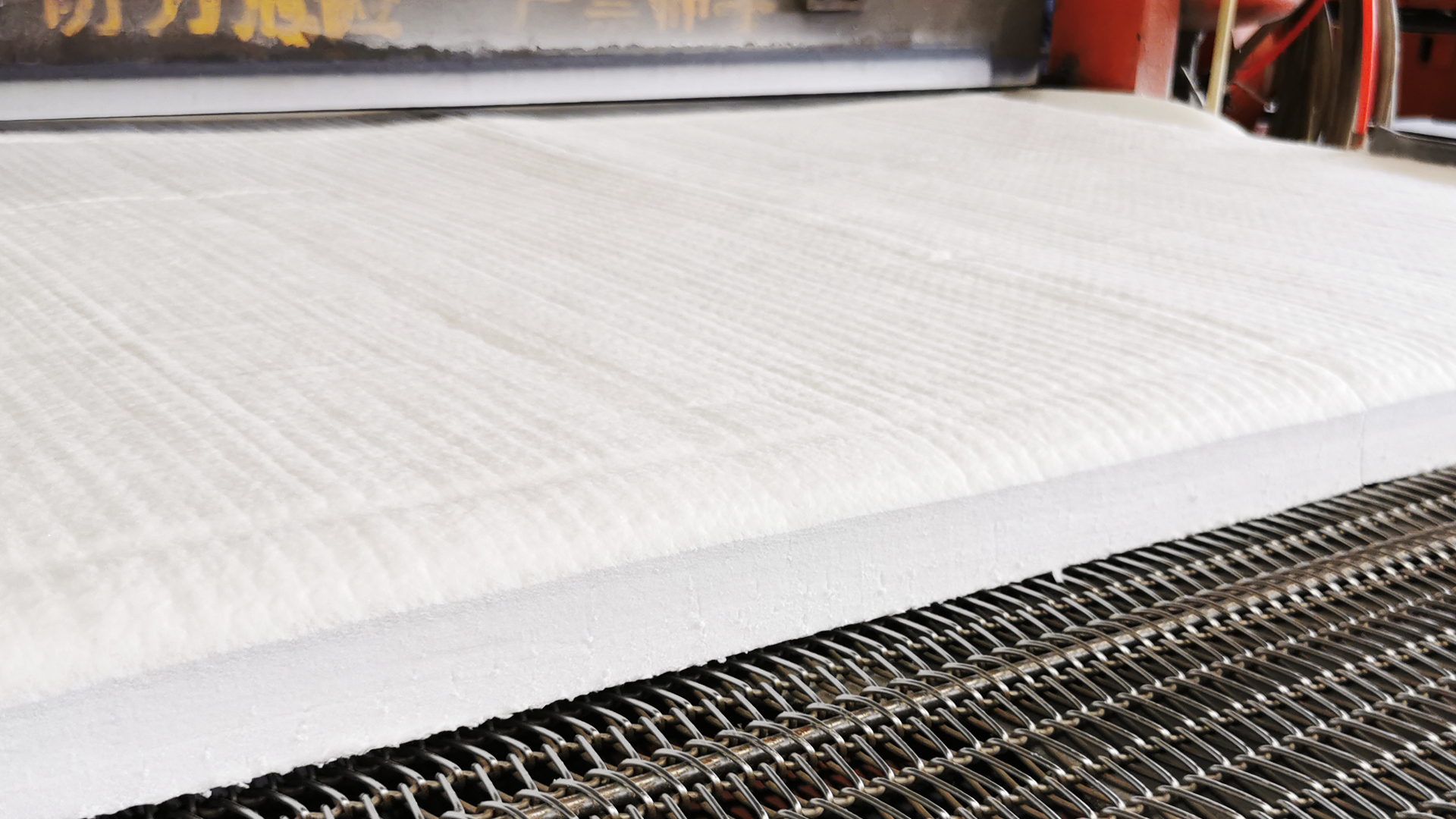What is fiber blanket?
- 10 Jul, 2024
- Industry

A fiber blanket is a soft, lightweight insulation material made from fiber, widely used in industrial and construction fields. Fiber blankets have excellent insulation performance, high-temperature resistance, and chemical stability, making them ideal insulating materials for various high-temperature environments. As a well-known brand of high-performance insulation materials, CCEWOOL® offers ceramic fiber blankets, low bio-persistent fiber blankets, and polycrystalline fiber blankets, all showcasing outstanding performance and various application advantages. This article will detail these products and their unique features.
CCEWOOL® Ceramic Fiber Blanket
CCEWOOL® Ceramic Fiber Blanket is an efficient insulation material suitable for various high-temperature industrial environments. Its main features include:
Excellent thermal stability: Maintains stable insulation performance at temperatures up to 1260℃.
Low thermal conductivity: Effectively reduces heat transfer, improving energy efficiency.
Thermal shock resistance: Exhibits excellent thermal shock resistance under high-temperature conditions, extending service life.
Lightweight and soft: Easy to install and cut, suitable for various complex shapes and parts.
CCEWOOL® Low Biopersistent Fiber Blanket
CCEWOOL® Low Biopersistent Fiber Blanket is an environmentally friendly insulation material that combines high-efficiency insulation and biodegradability. Its main features include:
High-temperature resistance: Suitable for environments with temperatures up to 1100℃.
Biodegradability: The fibers degrade within the human body, harmless to health, and meet environmental protection standards.
Excellent insulation performance: Low thermal conductivity effectively reduces heat loss.
Soft and easy to process: Lightweight and soft, easy to install and use, adaptable to various application needs.
CCEWOOL® Polycrystalline Fiber Blanket
CCEWOOL® Polycrystalline Fiber Blanket is an ultra-high-temperature insulation material suitable for extreme high-temperature environments. Its main features include:
Extremely high-temperature resistance: Can be used long-term at temperatures above 1600℃, maintaining stable insulation performance.
Ultra-low thermal conductivity: Exhibits extremely low thermal conductivity at high temperatures, providing excellent insulation.
Chemical stability: Resistant to most chemicals, suitable for harsh chemical environments.
High strength and durability: Possesses high mechanical strength and compressive performance, extending service life.
As an efficient insulation material, fiber blankets demonstrate their irreplaceable advantages in both industrial and construction fields. CCEWOOL®'s ceramic fiber blankets, low biopersistent fiber blankets, and polycrystalline fiber blankets, with their outstanding performance and various applications, have become the preferred choice for modern insulation materials. By choosing CCEWOOL®, you will receive high-quality and reliable insulation materials, providing more efficient, energy-saving, and environmentally friendly solutions for your projects.



